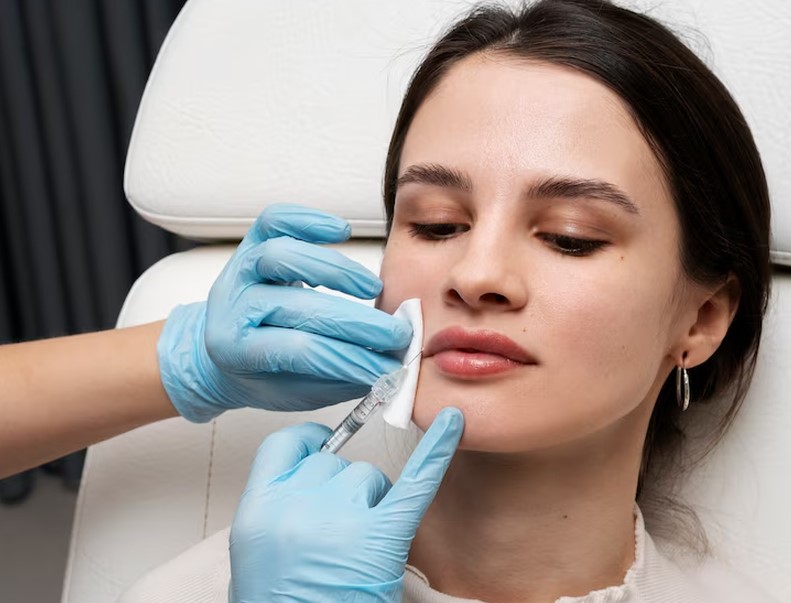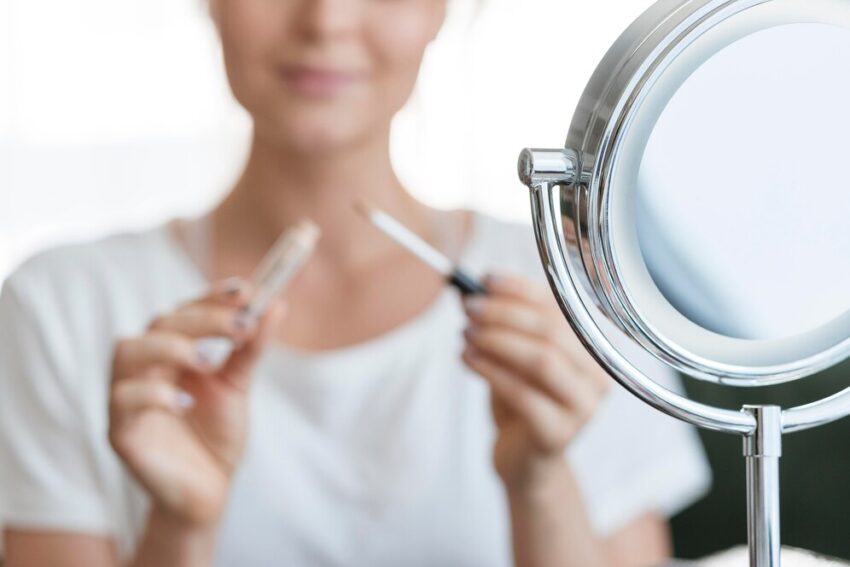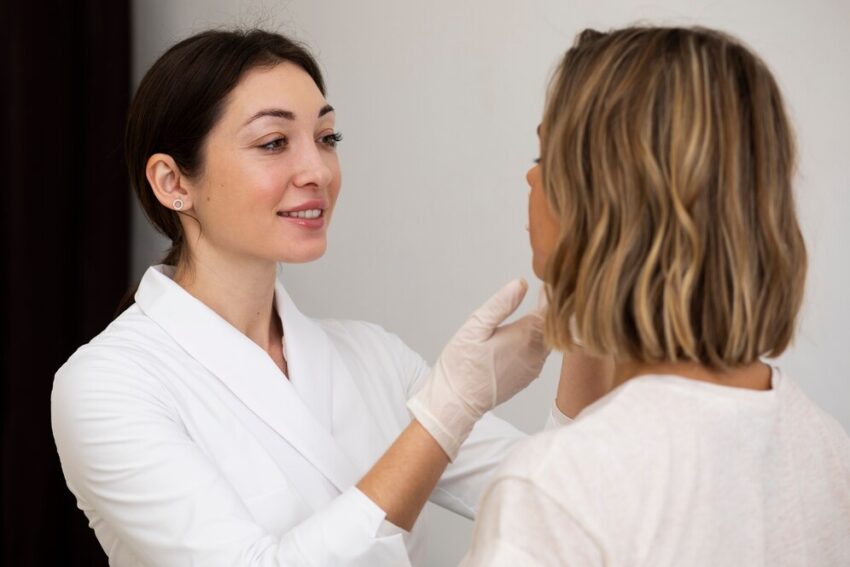Preparing for your first filler appointment can feel overwhelming. You’re investing time, money, and trust. The last thing you want is to walk into the clinic with uncertainty. Knowing the right questions to ask your practitioner can make all the difference. It empowers you to feel in control, to get results that match your goals, and to stay safe throughout the entire process.
Key Highlights
- Ask targeted questions to protect your health and investment.
- Not every clinic has equal experience or qualifications.
- Aesthetic results depend on technique, not just product.
- Understanding aftercare helps you avoid complications.
- Knowing product types can guide your expectations.
- Being informed leads to more natural, satisfying outcomes.
1. First question to ask: How Experienced Are You with This Procedure?

Credentials are one thing. Daily hands-on experience is another. Ask your practitioner how long they’ve been doing filler injections. Then ask how often they do your specific treatment.
You’re not looking for a generalist. You want someone who performs the same filler procedure you’re getting — often, and with consistent results.
If they hesitate or get vague, walk away. Good practitioners won’t just tell you their qualifications — they’ll show you portfolios of their work, offer reviews, and explain their techniques confidently.
Choosing the right clinic sets the tone for your experience. You need to know that you’re in qualified hands, not just for safety, but for skill and aesthetic vision. That’s why people in Staffordshire, Tamworth, Sutton Coldfield, and Lichfield trust SPBeauty for professional care. They specialize in non-surgical options like dermal fillers, anti-wrinkle injections, and microneedling — always with a focus on natural-looking, expert-led treatments.
2. What Kind of Filler Are You Using — and Why?

Fillers are not one-size-fits-all. The ingredients, viscosity, and brand matter. A reputable clinic will explain the exact product they’re using and why they selected it for your facial anatomy and goals.
Here’s what to ask:
- Is it reversible? (Most hyaluronic acid fillers are.)
- How long does it last?
- Is this filler FDA-approved or CE-marked in the UK?
- What makes this product suitable for my treatment area?
Any practitioner who avoids naming the product or brushes off your questions is not someone you want injecting anything into your face.
3. What Results Should I Expect — Realistically?
You’re not asking for guarantees. You’re asking for honesty.
Fillers enhance, not transform. A responsible professional will tell you what’s achievable with one session — and when multiple appointments might be needed. You want someone who prioritizes balance, not volume. Subtle enhancement often leads to the most flattering and age-appropriate outcomes.
Also ask about the feel and movement post-treatment. For example, will the filler affect your smile? Will it be visible when you talk or laugh? These are practical questions that matter.
4. Can I See Before-and-After Photos of Your Work?
Good practitioners are proud of their portfolio. They document results, with consistent lighting and realistic expressions.
What to look for in the photos:
- Consistency in quality and symmetry
- Natural-looking results (no distortion or overfilled faces)
- Cases that match your skin type, age, or treatment area
Photos shouldn’t look too edited. If you see only flawless lighting or heavy makeup, that’s a red flag. Real patients don’t look like filters — and neither should their outcomes.
5. What Are the Risks and Side Effects?
A skilled injector doesn’t just focus on beauty. They prioritize your health.
Ask about:
- Bruising and swelling timelines
- Risk of vascular occlusion
- Possibility of allergic reaction
- Infection protocols
You should also know how they handle complications. Do they have protocols? Can they dissolve filler on-site? Do they work with a prescribing doctor or medical director? Safety isn’t optional — it’s non-negotiable.
6. What Is the Aftercare I Need to Follow?

Aftercare isn’t one-size-fits-all. It depends on where you get the filler and what kind of product is used.
Ask for a printed or emailed aftercare guide. Make sure it covers:
- How to manage swelling and bruising
- When you can resume exercise
- Whether you can apply makeup
- Warning signs that require medical attention
If your clinic doesn’t have structured aftercare, it likely means they also lack emergency support. That’s not something you want to discover after a reaction.
7. What Happens If I Don’t Like the Results?
Even with great skill, personal preference matters. Sometimes clients don’t love their results, and that’s okay — what’s important is how the clinic handles that conversation.
Ask if the filler can be adjusted. Ask about dissolving. Some clients benefit from small top-ups or corrections, and a good practitioner will discuss these options transparently.
What you want is a practitioner who welcomes feedback and prioritizes your satisfaction, not someone who becomes defensive or dismissive.
8. How Long Before I See the Final Result?
You might see a difference right away, but swelling will distort the actual result. Most fillers settle over 7 to 14 days, sometimes longer depending on the area.
Ask when they recommend scheduling a follow-up. Many clinics offer reviews after two weeks. If your injector suggests no follow-up, ask why. Follow-up visits aren’t just about touch-ups — they show the clinic stands by their work.
9. Will I Look Overdone?
This is the question on everyone’s mind. No one wants to look like they’ve had work done.
Your injector should reassure you that their approach is to enhance, not exaggerate. Ask how they decide how much filler to use. Ask if they ever say no to clients who request too much. Ethical injectors don’t chase profit — they care about balance, harmony, and longevity in your results.
10. How Often Will I Need to Repeat This Treatment?
Different areas break down filler at different rates. Lips may need maintenance every 6–8 months. Cheeks can last 12–18 months. The nose and jawline may hold filler even longer.
You’re not signing up for a lifetime commitment, but you are investing in long-term planning. Ask about a treatment map. Ask how often they recommend re-visits, and if maintenance requires the same amount of filler each time.
A practitioner who plans your journey instead of pushing you into repeat bookings is one you can trust.
Why Asking the Right Questions Matters

First-time filler clients often focus too much on price and too little on expertise. Choosing a clinic and injector should feel like choosing a partner — someone who listens, explains, and supports your aesthetic goals safely and responsibly.
Knowing what to ask doesn’t just protect you from bad experiences. It helps you get the most out of your treatment. Fillers done well can restore confidence, soften features, and make you feel refreshed without ever looking “done.” But only if the process starts with the right questions — and the right answers.
If you’re considering filler for the first time, make sure you choose a clinic with high standards, medically-trained staff, and a focus on ethical care. SPBeauty stands out for exactly that reason — delivering expert-level aesthetic treatments backed by experience and transparency.

